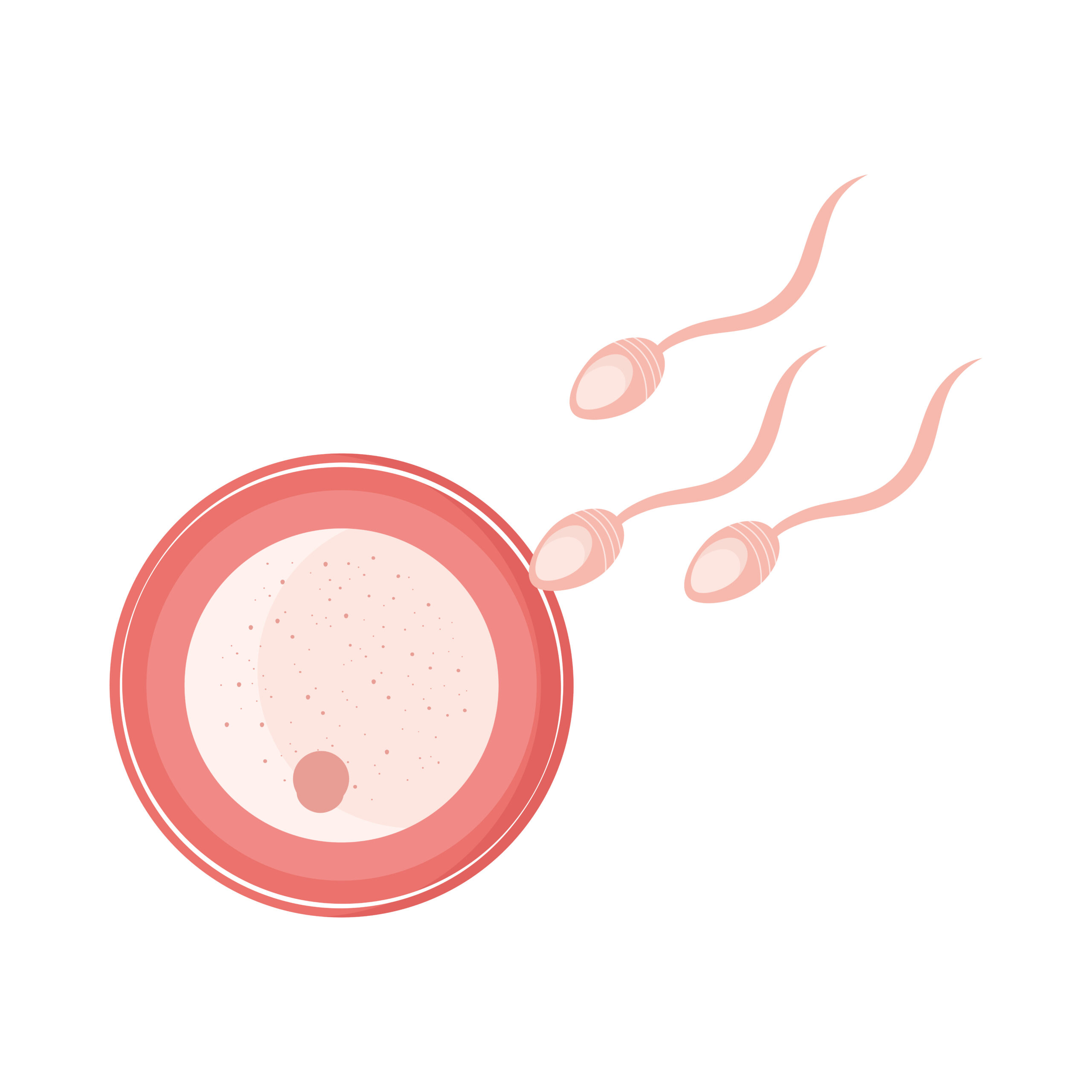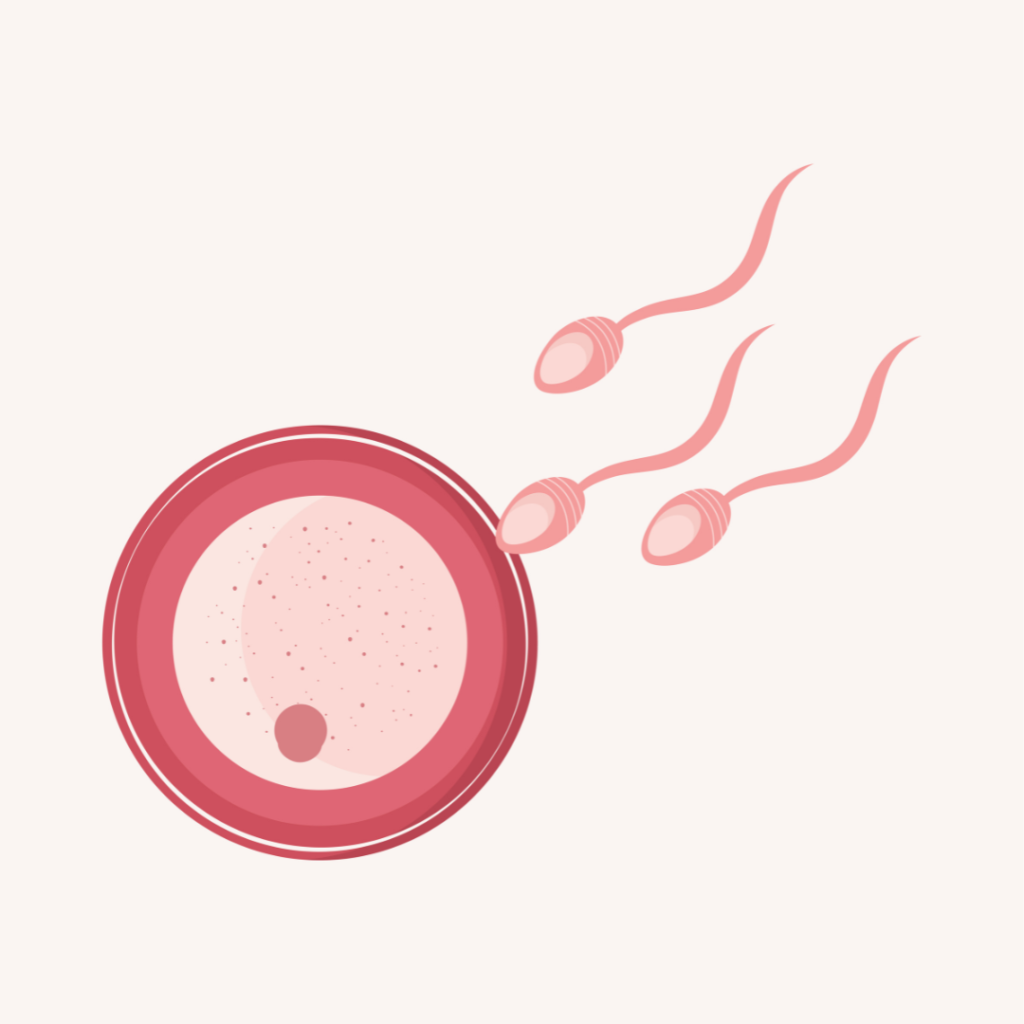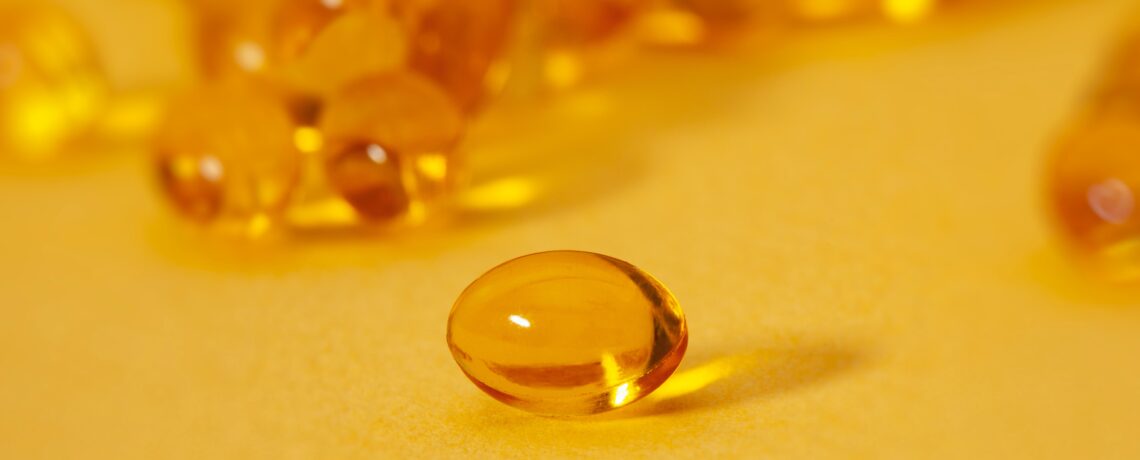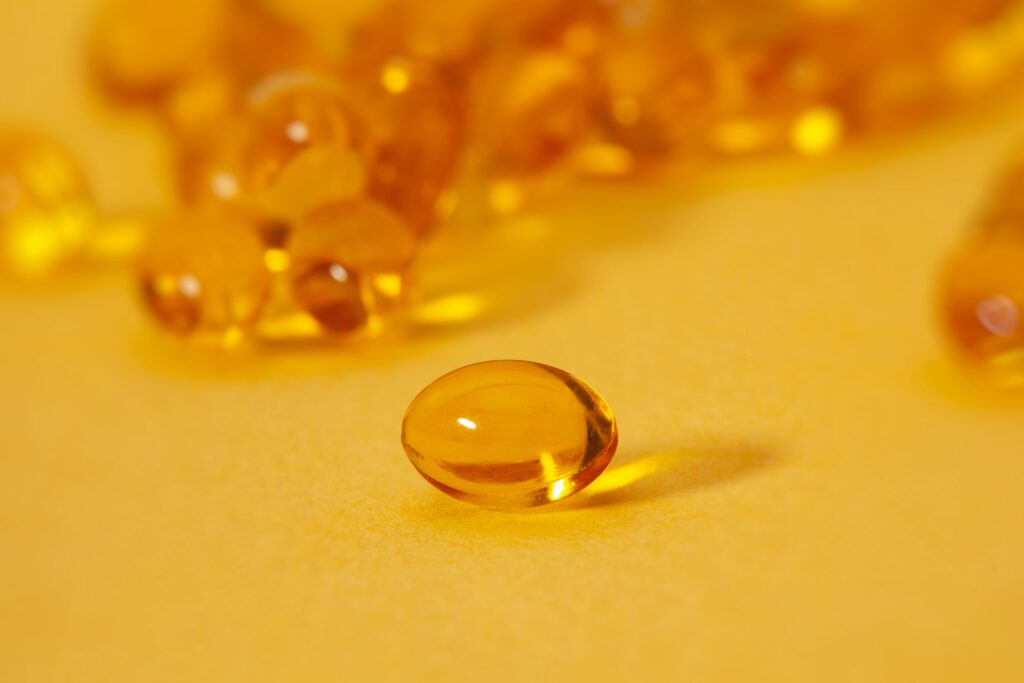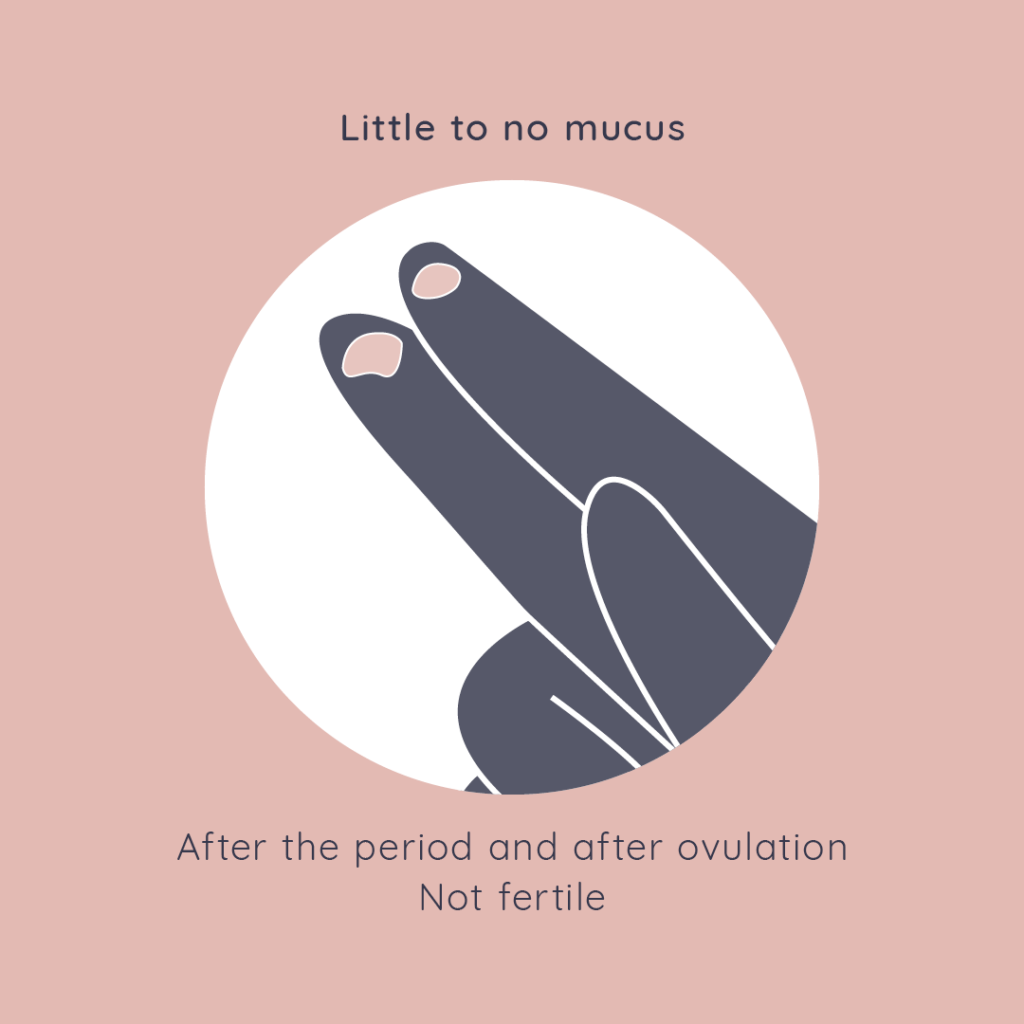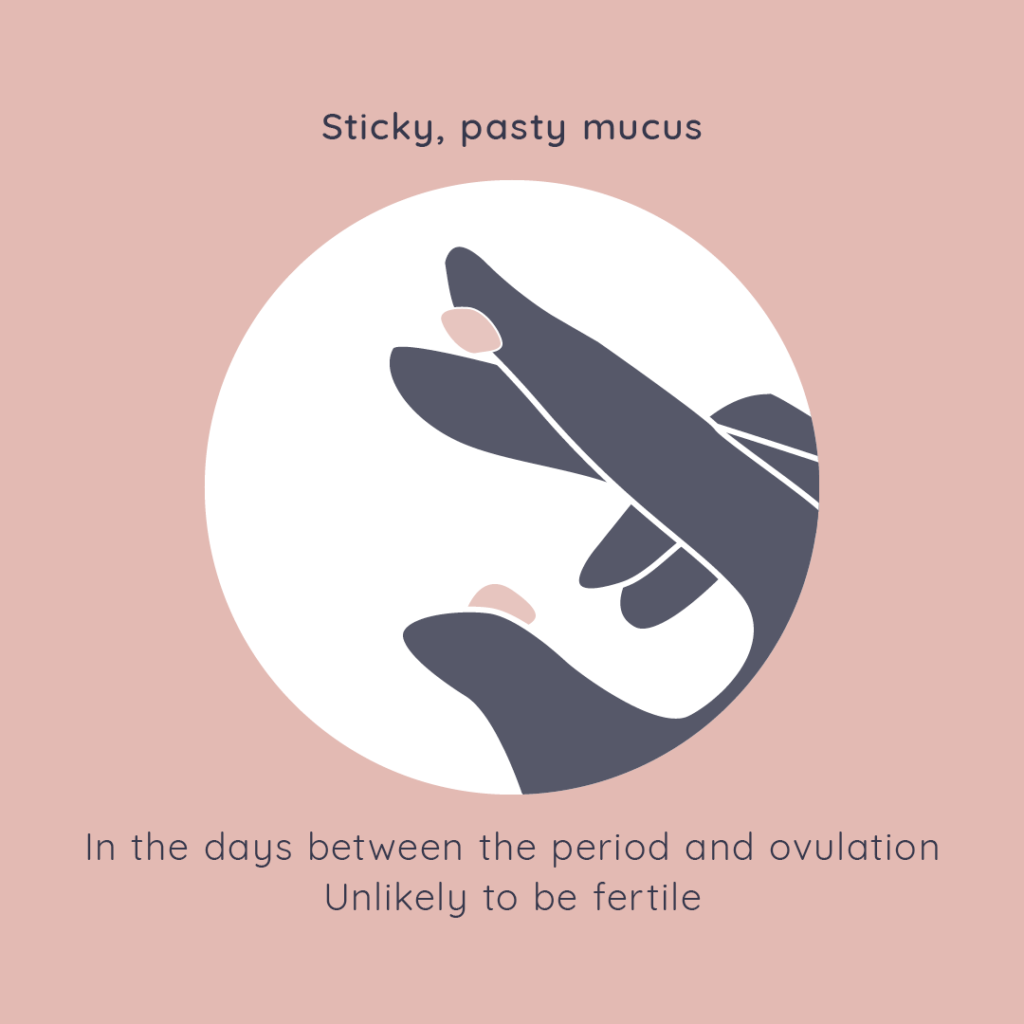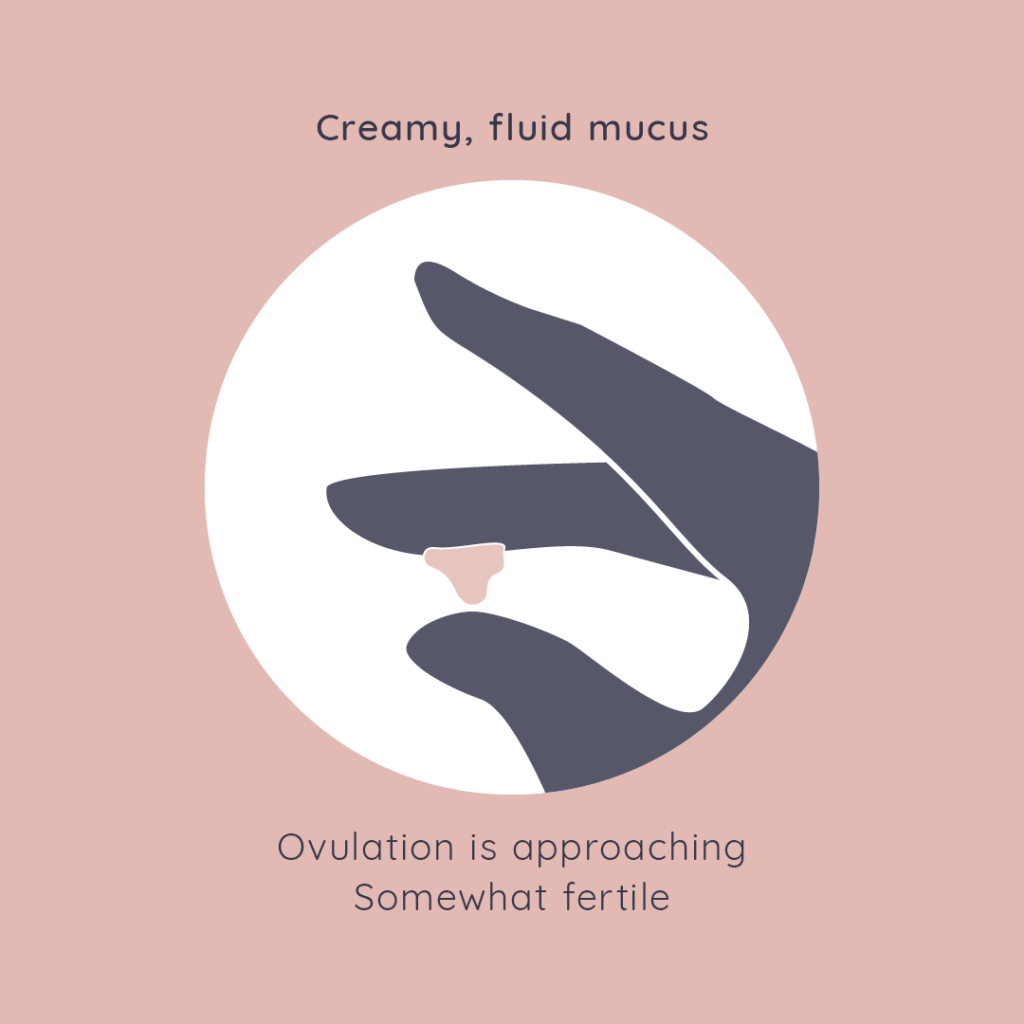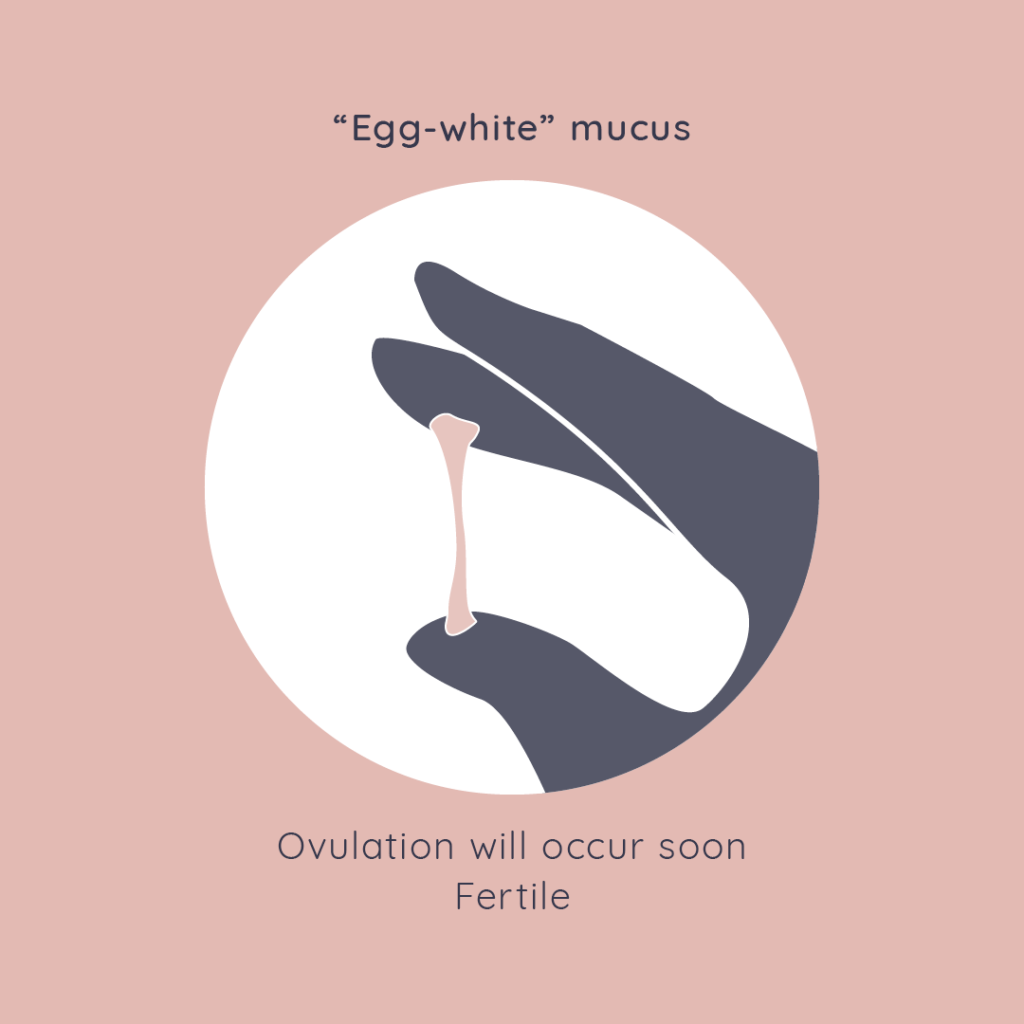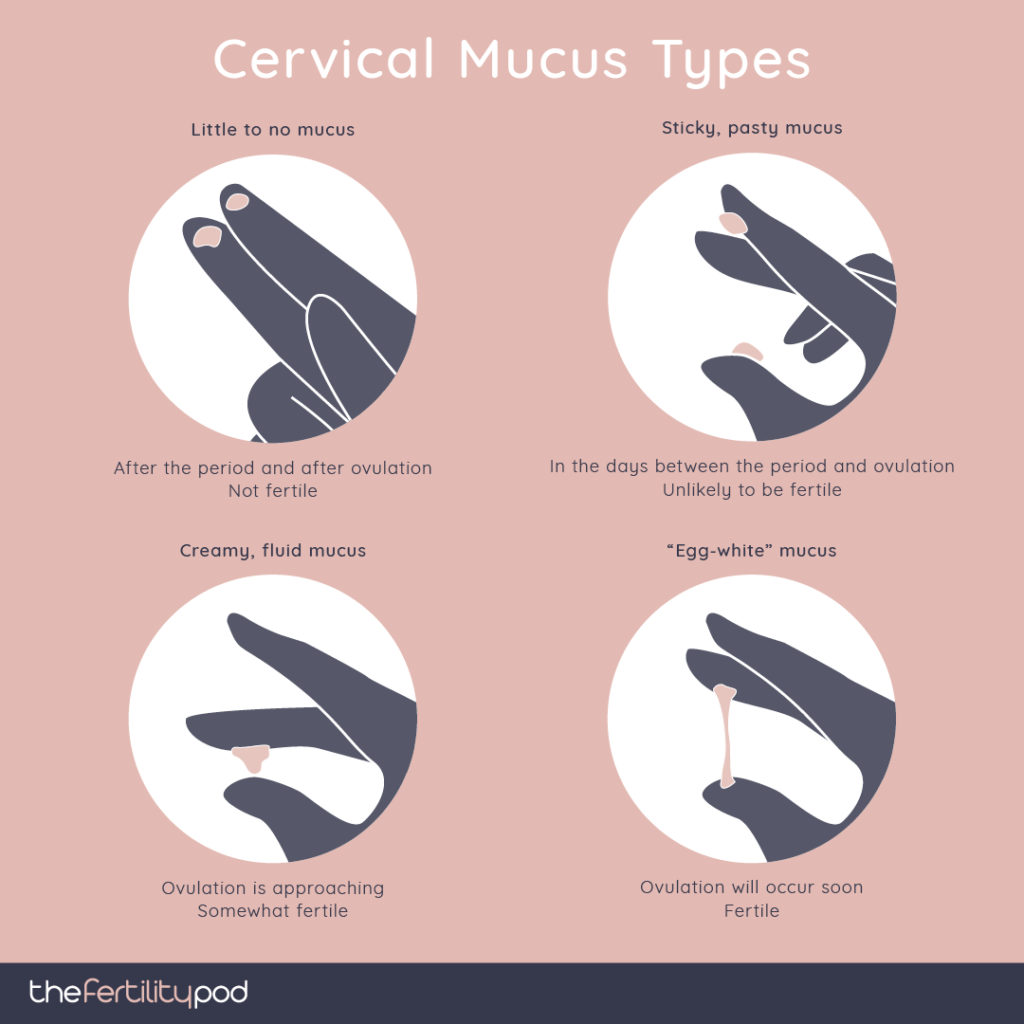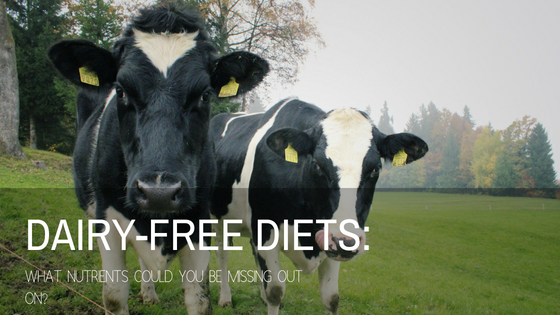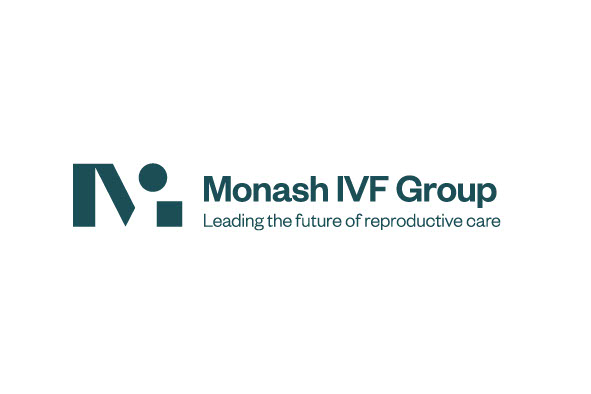Gone are the days when people—doctors and the general public alike—thought that infertility was solely a woman’s problem.
With 30-50% of infertility caused by ‘male factor infertility’, it’s important to consider the health of the semen and sperm when trying to conceive. Whether someone is preparing to conceive naturally or with some help, there are things the person providing the sperm can do to improve the health of that sperm.
We also want to acknowledge that the tips provided here are general and each person’s journey is unique. The information is not a guarantee but a general guide to support you both for general health and for fertility.
Semen and Sperm
Let’s first talk about semen and sperm. Semen is what is ejaculated with orgasm and contains the sperm, fluids, proteins, vitamins, and minerals to support the health of the sperm.
Each sperm—the male cell of reproduction—has a head, a midpiece, and a tail.
- Head: The oval part of the sperm that leads the way in a healthy sperm. The head of the sperm contains the DNA, which, if the sperm fertilises an ovum (egg), can combine with the DNA of that egg to create an embryo.
- Midpiece: Contains 50-70 mitochondria per sperm. Mitochondria are the power houses of cells and there are certain nutrients that can support mitochondrial function and help protect it from damage.
- Tail: The long thin part of the sperm that propels the sperm forward. When trying to conceive naturally, this movement of the sperm is through the vagina and cervix, across the uterus and up into the fallopian tube toward the recently ovulated egg.
Sperm Tests
Sperm tests analyse some of the factors that affect male fertility:
- Sperm concentration/count: percentage of sperm or number of sperm in the semen
- Motility: how the sperm are moving/percentage of the sperm that are moving
- Morphology: size and shape of the sperm
- Semen volume: amount of semen ejaculated
- Vitality: how many (alive) sperm there are in a sample
- pH levels: the acidity levels of the semen, which can affect sperm health
- Time to liquefaction: how quickly the semen changes from sticky to liquid substance
- White blood cells: the presence of white blood cells can indicate infection
- DNA Fragmentation: how much DNA damage there is inside the sperm
- Anti-sperm antibodies: if there are proteins in the semen that can damage the sperm
Semen analysis is conducted in an andrology laboratory and requires a referral. Depending on what the doctor is looking for, they may not test all of the above parameters.
Other common tests look at whether there are blockages in the testes and epididymus, infections, and what the hormonal levels are, e.g., testosterone levels.
Supporting Sperm Health
Acupuncture
Acupuncture can help bring more blood flow to the testes (don’t worry, acupuncture is not done on the testes themselves!). Acupuncture is also excellent at addressing other issues that may be affecting sperm health, such as stress levels.
Diet and Nutrition
The sperm require many nutrients and minerals to form in the testes. These supplements, for example, can support with sperm health:
- Zinc
- Vitamin C
- CoQ10
- A high quality multivitamin
- Antioxidants to help repair the normal DNA damage that happens in sperm cells
Herbs
There are also herbs that can assist in balancing testosterone and other hormonal levels. Speak with your acupuncturist or naturopath for more information about herbs to support with men’s reproductive health.
Lifestyle
There are some lifestyle habits and behaviours that have been proven to negatively affect sperm health, such as smoking, vaping, marijuana, and other recreational drug intake.
The testes and sperm production are also sensitive to temperature so avoid spas, saunas, hot springs, and tight-fitting underwear when trying to conceive. This includes placing a computer on your lap as the computers often get hotter than the ideal temperature for testes.
Stress is a major factor in male infertility and benefits may be found from improving the nervous system and sleep quality and quantity.
Conclusion
Even if the man has previous children or had a glowing sperm test result a few years ago, it doesn’t mean that there are no current factors affecting his fertility now.
Therefore, when preparing or trying to conceive, whether that is naturally or with assisted reproductive technologies, it is important to remember the other half of the equation – the sperm, and the full health of the male who creates that sperm.
Healthy Sperm Summary List
- Conclude smoking (cigarettes, marijuana, or anything else), vaping, or taking recreational drugs
- Reduce alcohol
- Take a good quality multivitamin supplement
- Reduce sugar intake, especially energy drinks, sodas, and other sugary beverages
- Increase vegetables and fruit in the diet
- Take an antioxidant supplement
- Exercise regularly
- Address stress and improve sleep
- Avoid saunas, spas, and hot springs
- Wear loose-fitting underwear (no budgie-smugglers please!)
- Avoid placing your mobile phone in your pants pocket (front or back)
- Avoid using plastics for food or water – swap to glass or stainless steel instead.
- Speak with your acupuncturist or naturopath about herbal medicine
- Speak with your doctor about whether a medication you are taking may impact fertility
Image above from Vecteezy
